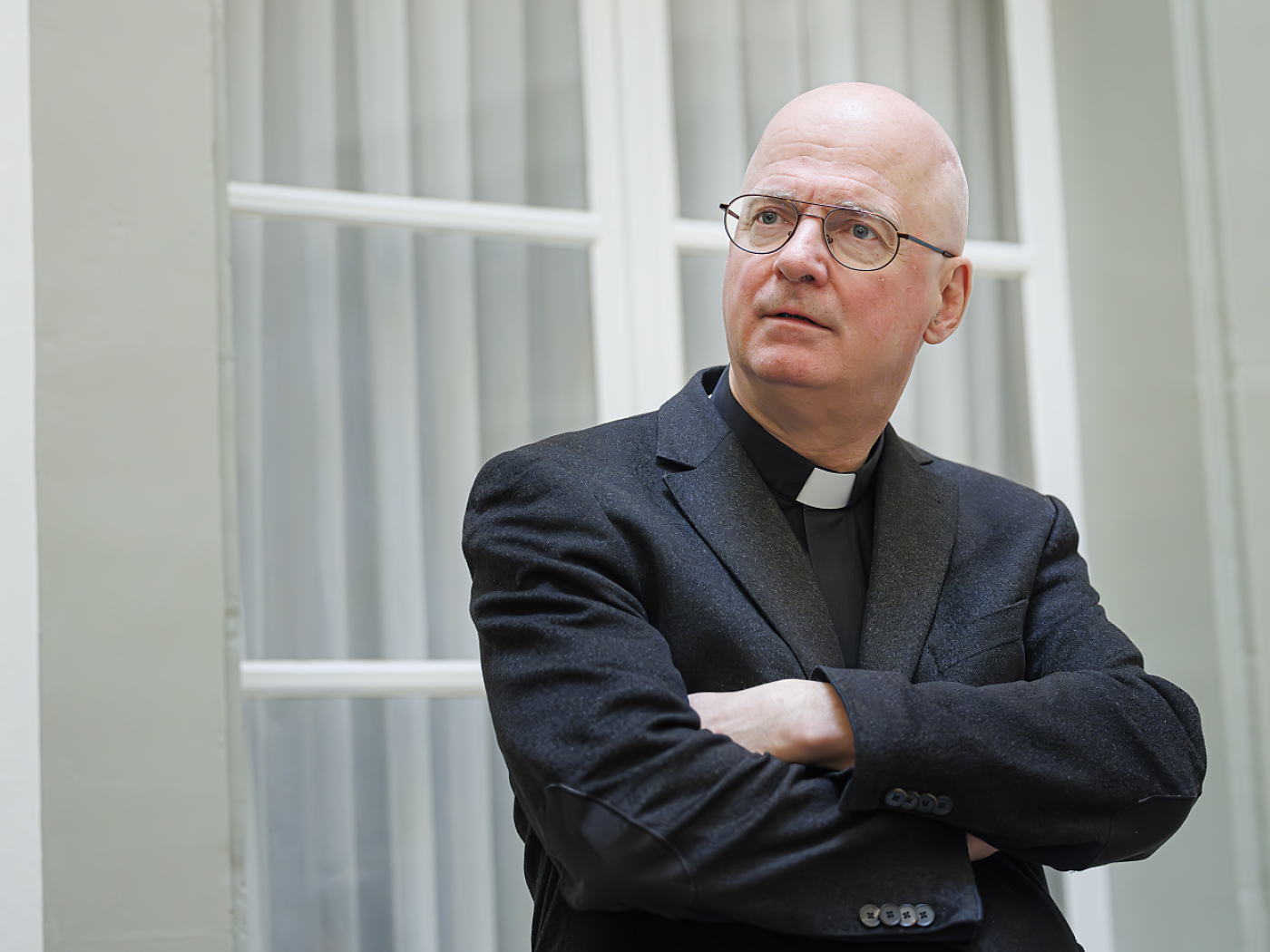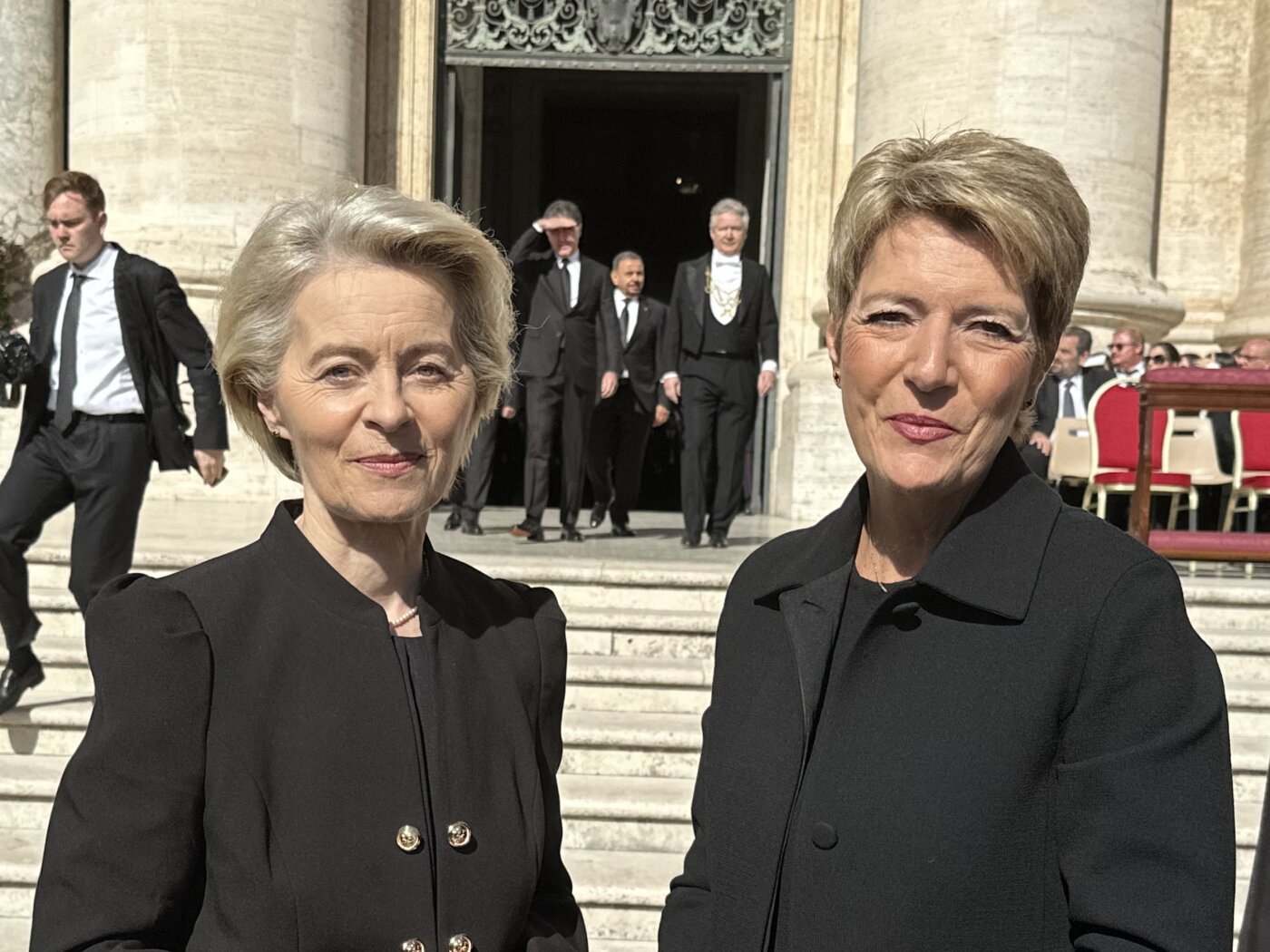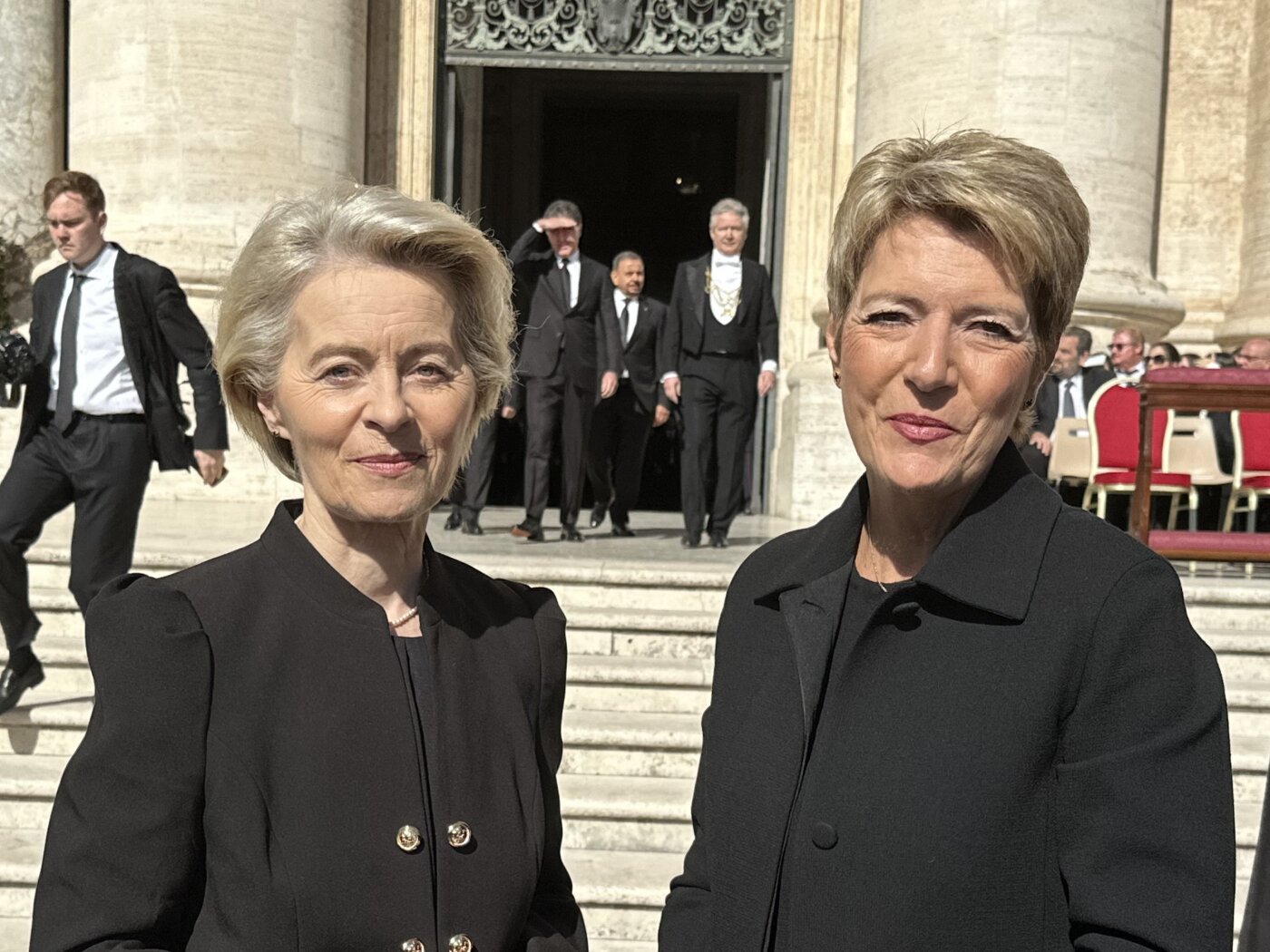Popularity of sustainable investment waning in Switzerland

Green investments are slowing down in Switzerland, following a decline in the United States. A study by a financial research institute in central Switzerland reveals that, for the first time in years, more money is flowing into traditional funds than into sustainable funds.
In Switzerland, so-called “green” investment funds, which meet environmental, social and governance (ESG) criteria, are still attracting capital, but not enough to catch up with traditional funds. The latter, which have no investment restrictions, particularly in the fossil fuel industries, are gaining ground, says a study by a financial research instituteExternal link based in Zug.
+Get the most important news from Switzerland in your inbox
The study also shows that while demand for sustainable investments increased in Switzerland between 2018 and 2023, attracting CHF550 billion ($628 billion), the inflow of money fell last year. According to researcher Brian Mattman, interest in funds linked to the climate, environment or energy has weakened.
Paradoxically, the range of sustainable products continues to grow in some banks, and the Swiss financial centre has invested heavily in this type of asset.
+ Swiss ‘green finance’ funds more than double in past year
According to experts, this stagnation in flows is normal after years of strong growth. Investors have seen the range of investment funds triple since 2020. However, their proliferation has made it difficult for investors to distinguish between products that are genuinely sustainable and those that only claim to be.
Impact of the war in Ukraine
The question of performance plays a role in this disengagement. If sustainable finance, which has long outperformed traditional finance, has lost ground, this is partly due to the war in Ukraine. Energy supply problems have favoured polluting companies and arms manufacturers.
+ Swiss finance sector told to ‘green’ up its act
In addition, a general context of growing rejection of ESG issues by some investors around the world is influencing this trend. This slowdown comes at a time when the Swiss financial centre has been banking heavily on sustainable finance to reposition itself after the end of banking secrecy. Despite this setback, experts believe that the sustainable finance sector will continue to play an important role in the Swiss financial landscape.
Translated from French with DeepL/gw
This news story has been written and carefully fact-checked by an external editorial team. At SWI swissinfo.ch we select the most relevant news for an international audience and use automatic translation tools such as DeepL to translate it into English. Providing you with automatically translated news gives us the time to write more in-depth articles.
If you want to know more about how we work, have a look here, if you want to learn more about how we use technology, click here, and if you have feedback on this news story please write to english@swissinfo.ch.

In compliance with the JTI standards
More: SWI swissinfo.ch certified by the Journalism Trust Initiative


















You can find an overview of ongoing debates with our journalists here . Please join us!
If you want to start a conversation about a topic raised in this article or want to report factual errors, email us at english@swissinfo.ch.